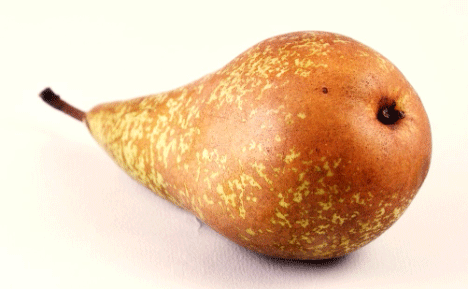The latest predictions from Dutch fruit producers indicate a notable decline in pear yields, primarily influenced by the erratic spring weather. The total pear harvest is expected to reach 327 million kilograms, with the Conference variety making up a significant 258 million kilograms, which is 80% of the total but 6% less than in 2023. This decrease reflects the sensitivity of pear crops to weather fluctuations. Other varieties such as Beurré Alexander Lucas, Xenia, and Doyenné du Comice are also projected to yield less this year.
Apple Harvest Holds Steady Despite Challenges
In contrast, the apple harvest is expected to be stable at 197 million kilograms. The Elstar variety, in particular, is performing well with an anticipated production of 84 million kilograms, marking a more than 10% increase compared to last year. This rise in Elstar apples is noteworthy given the overall reduction in apple cultivation area by 5% to 5,220 hectares. This suggests that improved agricultural practices and favorable conditions for certain varieties have mitigated the impact of reduced planting area.
Factors Influencing the Harvest
- Weather Conditions: The unstable spring weather has had a more pronounced effect on pear production than on apples. Pears, especially the Conference variety, are highly sensitive to weather changes during their growth stages, leading to the observed decline.
- Varietal Performance: The Elstar apple’s robust performance indicates that specific apple varieties can thrive even under reduced cultivation areas. This could be due to better pest management, optimized fertilization practices, and favorable microclimatic conditions.
- Cultivation Practices: The reduction in apple cultivation area suggests a shift towards more intensive farming practices or a focus on high-yield varieties like Elstar. This strategic approach helps maintain overall production levels despite lesser area under cultivation.
Dutch fruit growers are facing a challenging year with a significant decrease in pear production due to unfavorable spring weather conditions. However, the apple harvest, bolstered by the strong performance of the Elstar variety, remains steady. This dual scenario underscores the importance of adaptive agricultural practices and the selection of resilient crop varieties to mitigate the impacts of climatic variability. Continued focus on improving cultivation techniques and varietal selection will be crucial for maintaining stable fruit production levels in the face of changing environmental conditions.































